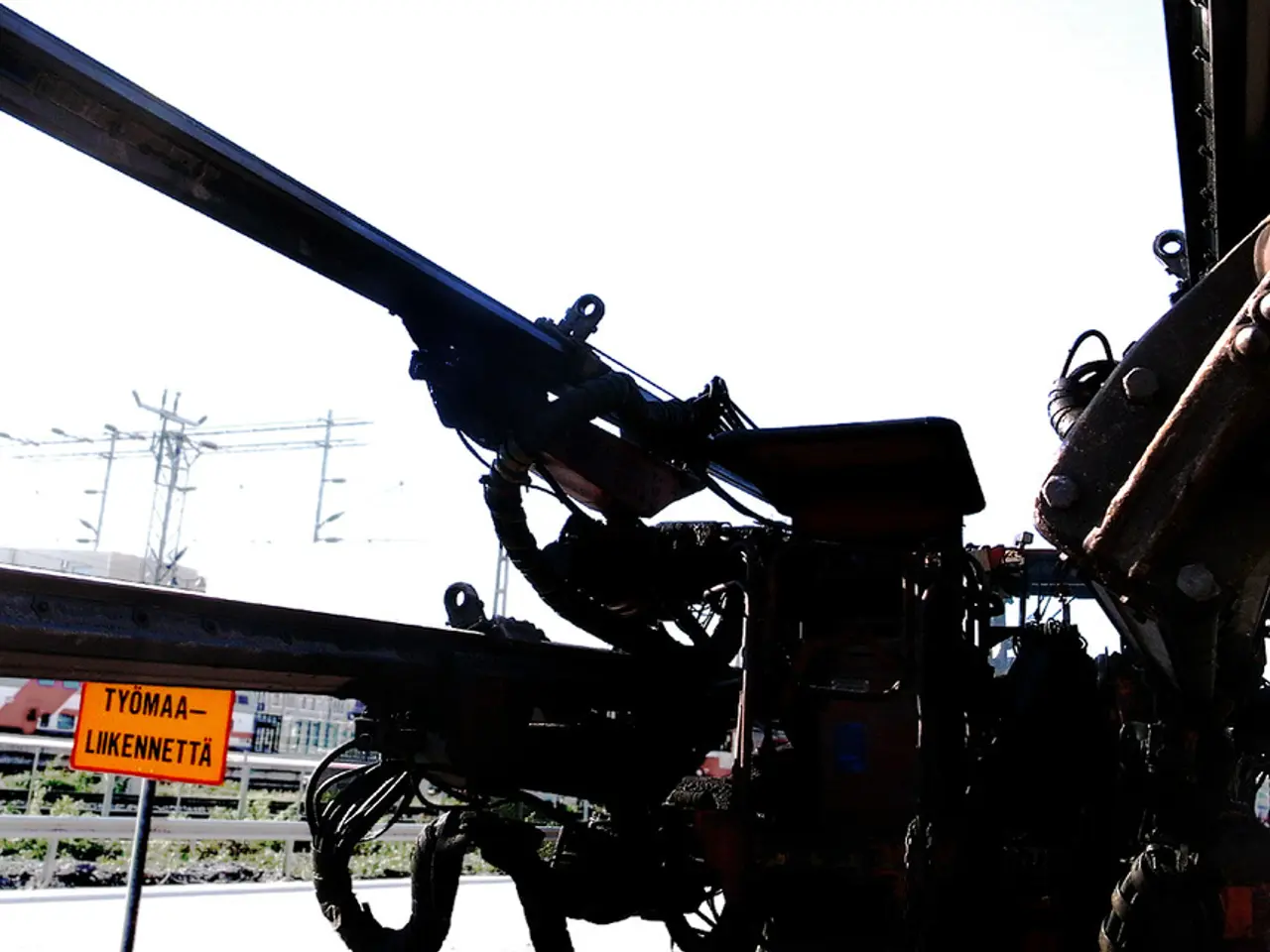Carbominer Secures €1.5 Million Grant for Direct Air Capture Technology in Indoor Agriculture
Kyiv-based carbon technology startup Carbominer obtains €1.5 million EIC Accelerator Fund financing award
Carbominer, a Ukrainian startup founded in 2020 by Nick Oseyko, has secured a significant €1.5 million grant from the European Innovation Council (EIC) Accelerator Fund. This funding is expected to propel the company's technological advancements and commercialization in the indoor agriculture sector.
Based in Ukraine, Carbominer specializes in Direct Air Capture (DAC) technology, with a targeted application in indoor agriculture. The company's approach focuses on capturing CO₂ from the ambient air to supply controlled environments, such as greenhouses, ensuring optimal growth conditions for plants by supplementing natural CO₂ concentrations.
The funding from the EIC Accelerator program will aid in scaling DAC machines to 50 and 250 tons per year, pre-commercialisation activities with European vertical farms and smart greenhouses, and establishing a DAC-unit production line within the next four years. This investment also makes Carbominer the second Ukrainian startup to receive funding from the EIC Accelerator program, which began operation in 2021.
While specific updates on Carbominer's progress post-grant are not yet available, the company's trajectory aligns with broader industry trends. The emphasis is on cost reduction, technology optimization, and strategic partnerships to meet growing demand for carbon dioxide in controlled environment agriculture.
The DAC sector is rapidly evolving, with several companies pursuing different business models. Carbominer, like Climeworks, Twelve, and CarbonBuilt, is among the emerging international players focusing on indoor agriculture. With Carbominer's fossil-free CO₂, farmers can potentially increase crop yield by 30 per cent in greenhouses or vertical farms.
The grant is eligible for up to €7.5 million in equity at later stages. Carbominer's technology captures carbon dioxide directly from the atmosphere (Direct Air Capture), and the EIC is funding the startup's efforts to bring this technology to commercialisation. The company has previously secured $1 Million in equity investment from Ukrainian fund SMRK.vc and Swiss Business Angel.
As Carbominer continues to make strides in the DAC sector, the company believes that CO₂ is a valuable feedstock and can benefit various customers globally. For more granular details on Carbominer's current projects, specific technological advancements, or deployment partnerships, direct communication with the company or monitoring their official channels would provide the most up-to-date information.
- Carbominer's technological advancements in Direct Air Capture (DAC) technology, which focus on capturing CO₂ from indoor agriculture environments for optimal plant growth, have secured a €1.5 million grant from the European Innovation Council (EIC) Accelerator Fund.
- The EIC Accelerator program funding will be utilized for scaling DAC machines, pre-commercialization activities with European vertical farms and smart greenhouses, and establishing a DAC-unit production line within the next four years.
- With the goal of meeting growing demand for carbon dioxide in controlled environment agriculture, Carbominer, along with companies like Climeworks, Twelve, and CarbonBuilt, is among the international players focusing on indoor agriculture with a vision to capture and provide fossil-free CO₂ for potential 30% crop yield increases in greenhouses or vertical farms.




